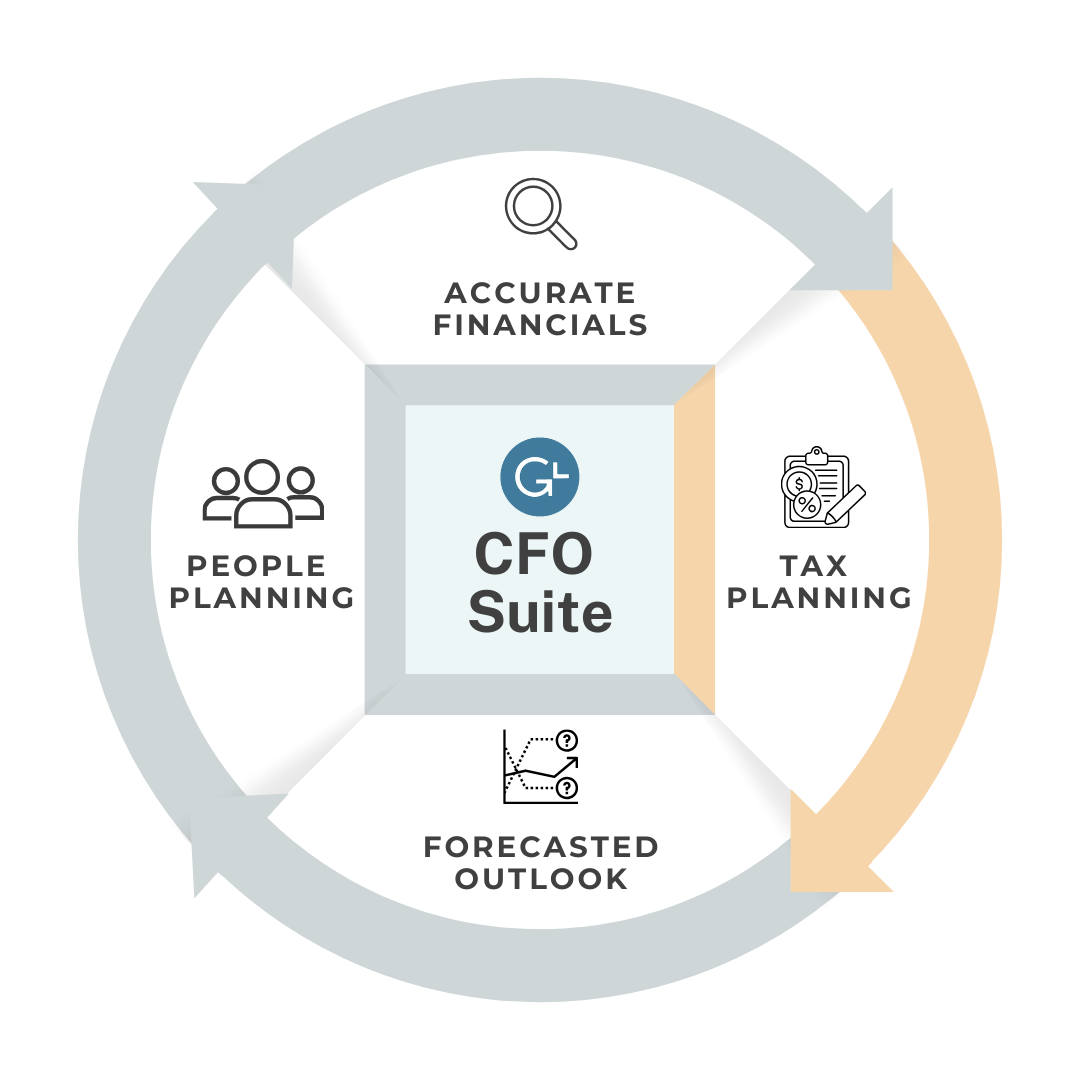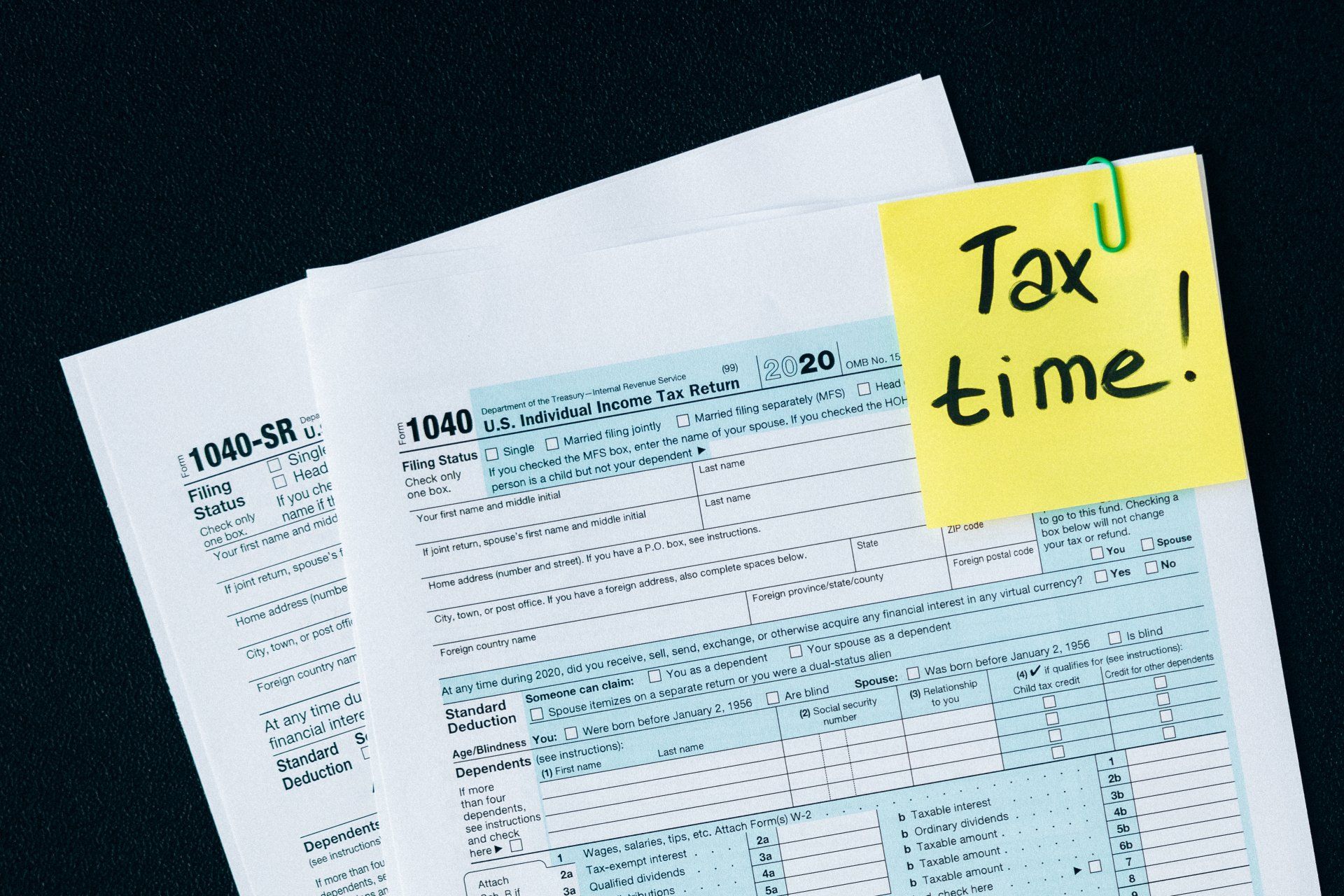New 2026 Tax Law Changes - Gambling Loss Limits, Snack Deductions, and Auto Loan Interest
The IRS has introduced sweeping changes to the tax code that will impact individuals and employers alike starting in 2025 and 2026. From limits on gambling loss deductions to the elimination of tax breaks for office snacks and a brand-new auto loan interest deduction, here’s what you need to know to stay compliant and optimize your finances.
Below, we break down the most significant updates from the new tax law.
Topics Covered:
- Gambling Loss Under New Tax Law
- Office Snacks Under the New Tax Law
- Interest Deductions on Auto Loans Under the New Tax Law

Gambling Loss Under New Tax Law
Starting January 1, 2026, gamblers will be able to deduct only 90% of their gambling losses against their winnings on federal taxes. (That’s a shift from the previous policy that allowed a full 100% deduction of
gambling losses, against/but not to exceed winnings.)
Office Snacks Under the New Tax Law - Not Deductible
Under the current law, employer-provided snacks and drinks (e.g. coffee, chips, granola bars) currently qualify as de minimis fringe benefits, and are 50% tax-deductible under IRC §132(e) and §274 rules, provided they’re available broadly (not just to select staff) and support productivity.
Starting in 2026, the new law fully
eliminates the deduction for employer-provided snacks, coffee, and operating onsite cafeterias. That means
no deduction at all for these employee food perks unless you're in an industry with specific exceptions.
Interest Deductions on Auto Loans Under the New Tax Law
Another new tax law is the interest deduction on auto loans.
New deduction: Effective for 2025 through 2028, individuals may deduct interest paid on a loan used to purchase a qualified vehicle, provided the vehicle is purchased for personal use and meets other eligibility criteria. (Lease payments do not qualify.)
Maximum annual deduction is $10,000.
Deduction phases out for taxpayers with modified adjusted gross income over $100,000 ($200,000 for joint filers).
Qualified interest: To qualify for the deduction, the interest must be paid on a loan that is:
- originated after December 31, 2024,
- used to purchase a vehicle, the original use of which starts with the taxpayer (used vehicles do not qualify),
- for a personal use vehicle (not for business or commercial use), and
- secured by a lien on the vehicle.
If a qualifying vehicle loan is later refinanced, interest paid on the refinanced amount is generally eligible for the deduction.
Qualified vehicle: A qualified vehicle is a car, minivan, van, SUV, pick-up truck or motorcycle, with a gross vehicle weight rating of less than 14,000 pounds, and that has undergone final assembly in the United States.
Final assembly in the United States: The location of final assembly will be listed on the vehicle information label attached to each vehicle on a dealer's premises. Alternatively, taxpayers may rely on the vehicle’s plant of manufacture as reported in the vehicle identification number (VIN) to determine whether a vehicle has undergone final assembly in the United States.
The VIN Decoder website for the National Highway Traffic Safety Administration (NHTSA) provides plant of manufacture information. Taxpayers can follow the instructions on that website to determine if the vehicle’s plant of manufacture was located in the United States.
Taxpayer eligibility: Deduction is available for both itemizing and non-itemizing taxpayers.
The taxpayer must include the Vehicle Identification Number (VIN) of the qualified vehicle on the tax return for any year in which the deduction is claimed.
Reporting: Lenders or other recipients of qualified interest must file information returns with the IRS and furnish statements to taxpayers showing the total amount of interest received during the taxable year.
Guidance: The IRS will provide transition relief for tax year 2025 for interest recipients subject to the new reporting requirements.
What This Means for you:
These changes may have wide-reaching effects on your personal and business tax strategies. Whether you're a gambler, a business owner providing office perks, or planning to buy a new vehicle in 2025, it's critical to stay ahead of the curve.
Need help navigating these updates? Our tax and accounting experts at GrowthLab are here to guide you through the changes and identify opportunities. Contact us today to stay compliant and maximize your deductions.
Ready to Meet Your New Tax Team?
Frequently Asked Questions
What is the new rule for gambling loss deductions in 2026?
Starting January 1, 2026, you can only deduct 90% of your gambling losses against your gambling winnings on federal taxes.
This is a change from the previous policy, which allowed a full 100% deduction of losses, up to the amount of winnings.
Are employer-provided office snacks still tax-deductible?
No. Beginning in 2026, the new tax law fully eliminates deductions for employer-provided snacks, coffee, and on-site cafeteria operations. Previously, these were considered 50% deductible fringe benefits if offered broadly and tied to productivity.
What qualifies for the new auto loan interest deduction?
From 2025 through 2028, individuals can deduct interest paid on a qualified vehicle loan if:
- The vehicle is new (not used)
- Purchased for personal use
- Final assembly occurred in the United States
- The loan was originated after December 31, 2024
- The loan is secured by a lien on the vehicle
What is the maximum deduction for auto loan interest?
The maximum annual deduction for qualified auto loan interest is $10,000.
Who qualifies for the auto loan interest deduction?
The deduction is available to both itemizing and non-itemizing taxpayers. However, it phases out for individuals with modified adjusted gross income over $100,000 (or $200,000 for joint filers).
Is interest on a refinanced vehicle loan deductible?
Yes, interest on a refinanced loan is generally eligible if the original loan qualified and the refinance does not violate any eligibility rules.
How do I check if my vehicle qualifies for the interest deduction?
You must verify that the vehicle underwent final assembly in the United States. This can be done by checking:
- The vehicle information label at the dealership, or
- The VIN Decoder tool on the NHTSA website
Other Blogs Related to Tax






